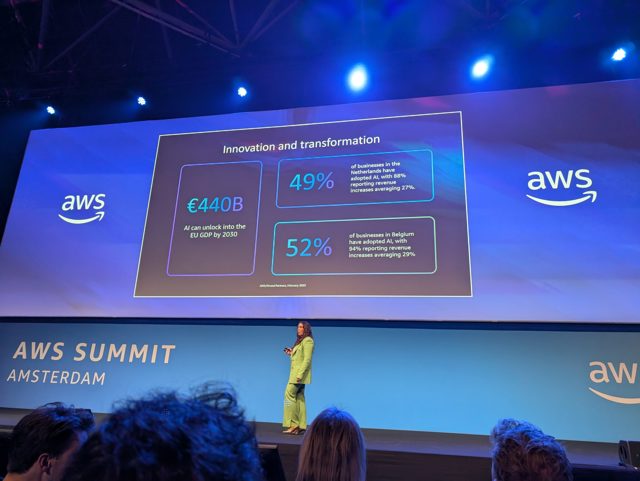< Back to news 


9 February 2024
AI Technology Revolutionizes Antidepressant Treatment
Research led by Amsterdam UMC and Radboudumc has unveiled a groundbreaking advancement in the treatment of major depression disorder. Utilizing artificial intelligence (AI), researchers have developed a method to predict the effectiveness of antidepressants within just one week, significantly shortening the traditional six to eight-week waiting period.
Published in the esteemed American Journal of Psychiatry, the study marks a pivotal moment in mental health care. Professor Liesbeth Reneman, a leading figure in neuroradiology at Amsterdam UMC, emphasizes the significance of this breakthrough: "This is transformative for patients, offering a swift insight into the efficacy of antidepressants, which typically remains uncertain for weeks."
The research team focused their analysis on sertraline, the most commonly prescribed antidepressant in the United States. By examining MRI scans and clinical data from 229 patients, they developed an AI algorithm that accurately predicted treatment outcomes. Remarkably, the algorithm identified that sertraline was effective for only one-third of patients, allowing psychiatrists to tailor treatment plans accordingly and minimize unnecessary prescriptions.
Dr. Eric Ruhé, a psychiatrist at Radboudumc, elaborates on the algorithm's predictive power: "Our findings highlight the significance of brain activity patterns, particularly in the anterior cingulate cortex, in determining treatment response. This enables clinicians to swiftly identify suitable candidates for sertraline therapy."
Looking ahead, this pioneering method holds promise for personalized antidepressant treatment, potentially alleviating the prolonged trial-and-error process endured by patients. With further refinement, the algorithm could revolutionize depression management, offering a more efficient and effective approach to care.
As depression continues to pose a significant societal challenge, with one in three patients experiencing persistent symptoms despite multiple treatment attempts, the need for expedited and precise treatment strategies has never been more urgent. With ongoing research efforts to enhance the algorithm's predictive capabilities, the future of depression treatment looks increasingly promising. Stay tuned for updates as we navigate towards a brighter future in mental health care.
Read it here.
This article has been published on the website of Amsterdam UMC.
Vergelijkbaar >
Similar news items

April 16, 2025
AWS: Dutch businesses are adopting AI faster than the European average
New research from AWS shows that Dutch businesses are rapidly adopting AI—at a rate of one new implementation every four minutes, well ahead of the European average.
read more >

April 16, 2025
Submit your nomination for the Dutch Applied AI Award 2025
Do you know or develop an innovative AI application? Submit it now for the 2025 Dutch Applied AI Award, presented at the Computable Awards.
read more >

April 16, 2025
UK government tests AI to predict murders
The UK government is developing an AI system that could predict who is most likely to commit a serious crime. Critics call the project dangerous and discriminatory.
read more >